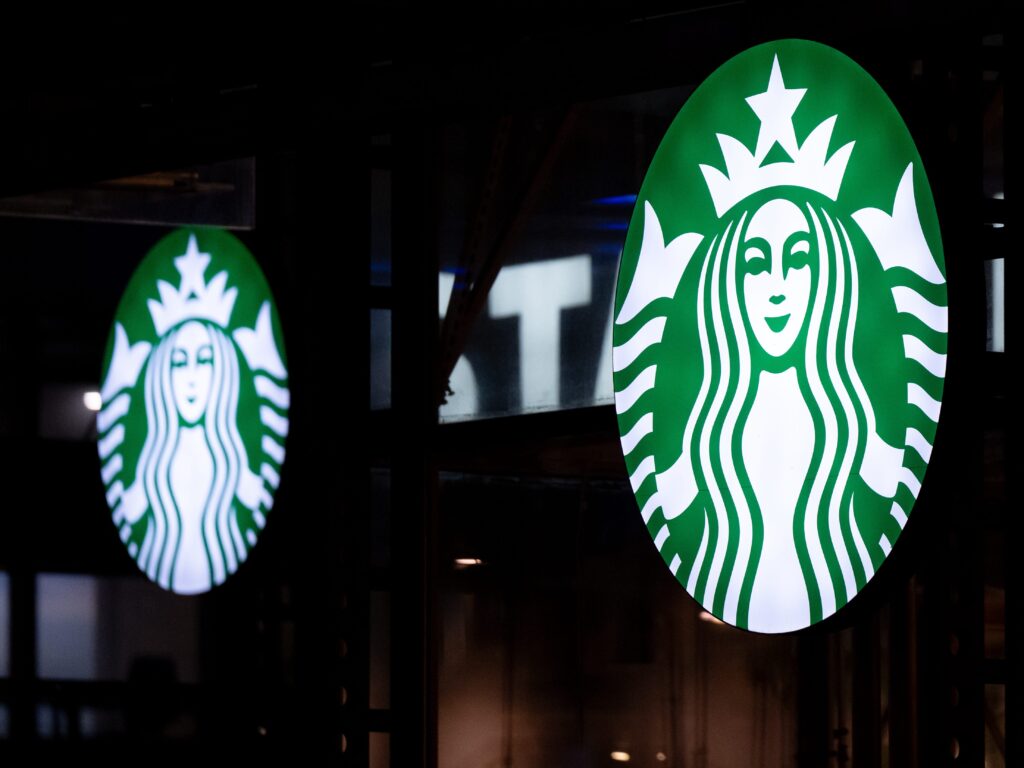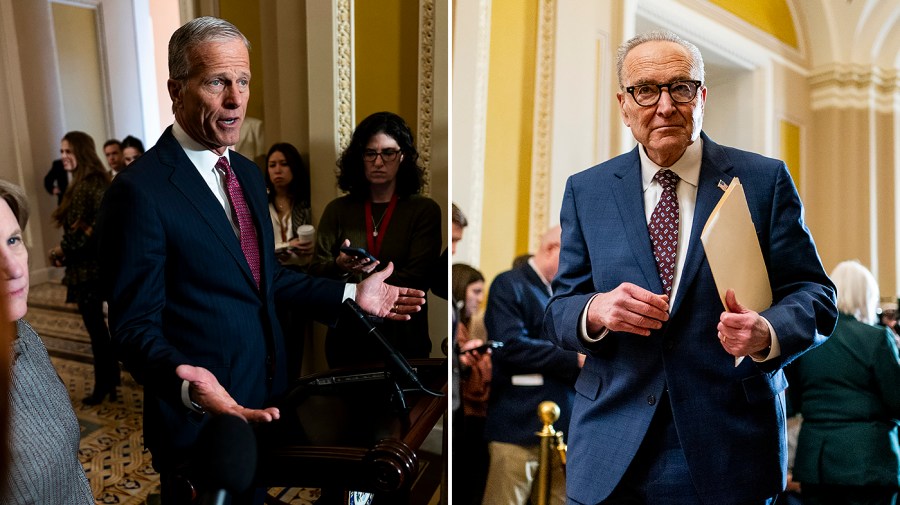
UPDATE: Starbucks employees are voicing strong opposition to CEO Brian Niccol’s newly announced return-to-office (RTO) mandate, requiring workers to be in the office four days a week. This decision, announced on Monday, has sparked protests among corporate staff at the company’s Seattle headquarters.
The RTO mandate comes as part of Niccol’s broader initiative to revitalize Starbucks amid declining sales and customer service challenges. A flyer titled “Partners for the Preservation of Starbucks Culture, Mission, and Values” was found taped inside elevators at the corporate offices, clearly expressing employee dissatisfaction. It reads, “This is the wrong direction. Please stop,” highlighting concerns about eroding the company’s famed people-first culture.
In a firm message to employees, Niccol stated that those who are unwilling to comply with the new mandate must consider leaving the company. Some employees have already begun exploring new job opportunities, citing the stress of relocating or conforming to the new demands. The mandate has generated significant anxiety, particularly among long-term employees, with many sharing their fears on social media.
Starbucks, which laid off 1,100 corporate workers in February, is offering voluntary buyout packages ranging from $20,000 to $100,000 for those who choose to leave. Internal communications have revealed that several “people leaders” have had their remote work status revoked, forcing them to move to Seattle or Toronto.
Many employees express that the strict RTO policy contradicts the company’s values. One employee, who has been with Starbucks for nearly 20 years, voiced concerns that the company’s public image does not reflect the internal changes and challenges staff face. “We’re seeing a culture shift where our public face doesn’t necessarily match our private face anymore,” they stated.
Corporate America is currently in a contentious RTO landscape, with major companies like Amazon and Zoom implementing varying mandates. Critics suggest that stringent RTO policies may serve as a strategy to encourage voluntary resignations, which are financially less burdensome than traditional layoffs.
In response to the backlash, Niccol emphasized the importance of in-person collaboration for productivity and creativity. “We are reestablishing our in-office culture because we do our best work when we’re together,” he stated. Despite the pushback, he acknowledges that the updated policy may not resonate with every employee.
As Starbucks navigates these turbulent waters, the potential fallout from employee dissatisfaction could have lasting effects on its operations and culture. Employees fear that losing passionate team members could leave significant gaps in expertise and morale.
Starbucks is also incentivizing top executives with up to $6 million in stock bonuses if cost-reduction goals are met by the end of fiscal 2027, raising further concerns among staff about the prioritization of executive bonuses over employee well-being.
As protests and discussions unfold, Starbucks employees and leadership must find common ground to address these urgent issues. The company’s future direction hangs in the balance, with significant implications for its culture and operations.
Stay tuned for more developments on this evolving story.






